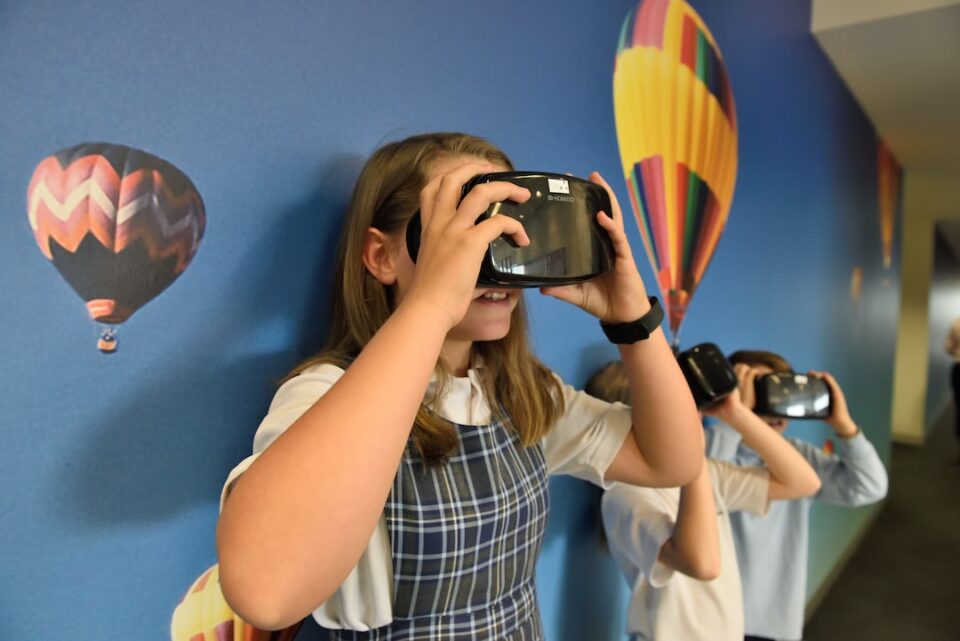Overcoming Challenges in E-learning: Strategies for Effective Remote Learning
With the advent of technology, education has taken a leap forward, allowing people to access education anytime and anywhere. E-learning, or online learning, has become increasingly popular in recent years, especially in the wake of the COVID-19 pandemic. However, while e-learning presents numerous opportunities for growth and expansion, it also brings with it a unique set of challenges that need to be overcome for effective remote learning. In this blog post, we will explore some strategies to overcome these challenges and ensure productive online education.
One of the major challenges faced in e-learning is the lack of face-to-face interaction among students and teachers. Traditional classrooms provide a platform for students to engage in discussions, ask questions, and clarify doubts instantly. However, in e-learning, this personal interaction is limited. To overcome this challenge, it is crucial to foster a sense of community and collaboration within the virtual classroom. Teachers can create discussion forums, organize virtual group activities, and encourage students to interact with each other through various online platforms. This not only enhances the learning experience but also helps establish connections among peers, making the online environment more engaging.
Another challenge that often arises in e-learning is the lack of motivation and discipline. Without a physical classroom and regular face-to-face interactions, students might find it difficult to stay motivated and focused on their studies. To address this challenge, it is important to establish a routine and set clear goals and objectives. Teachers can provide a structured curriculum, set deadlines, and offer regular feedback to keep students engaged. Additionally, incorporating interactive and multimedia elements into the online lessons can make the learning experience more engaging and enjoyable, thus motivating students to actively participate.
Technical issues also pose a significant challenge in e-learning. Poor or unstable internet connection, technical glitches, and unfamiliarity with online platforms can hinder the learning experience. To overcome this challenge, it is important to provide technical support to both students and teachers. Institutions should ensure that students have access to reliable internet connections and necessary equipment for remote learning. Regular training sessions can be organized to familiarize students with online platforms and troubleshoot any technical issues that may arise. Moreover, teachers should have contingency plans in place in case of technical difficulties during live sessions, such as providing recorded lectures or alternative methods of content delivery.
One of the challenges specific to e-learning is the absence of immediate feedback. In traditional classrooms, teachers can provide instant feedback on assignments, quizzes, and exams. In an online environment, feedback might take longer, leading to delays in understanding and addressing mistakes. To tackle this challenge, teachers can establish clear guidelines for assignments and assessments and provide regular updates on grading. Timely feedback is crucial for students to understand their progress and make necessary improvements. Additionally, teachers can utilize technology to provide audio or video feedback, which can be more personal and effective in conveying feedback compared to written comments.
Finally, the challenge of maintaining focus and concentration during online learning sessions should also be addressed. With distractions at home and the absence of a physical classroom environment, staying focused can be difficult for students. To overcome this challenge, it is important to create a conducive learning environment. Students should be advised to find a quiet space, free from distractions, where they can concentrate on their studies. Additionally, techniques such as time management, goal setting, and self-discipline can be taught and reinforced to help students stay focused during online learning sessions.
In conclusion, while e-learning offers numerous opportunities for growth and access to education, it comes with its own set of challenges. By fostering a sense of community, establishing routines, providing technical support, offering timely feedback, and creating conducive learning environments, the challenges of e-learning can be effectively overcome. Through the implementation of these strategies, students can have a productive and engaging learning experience, making e-learning an effective tool for remote education.

